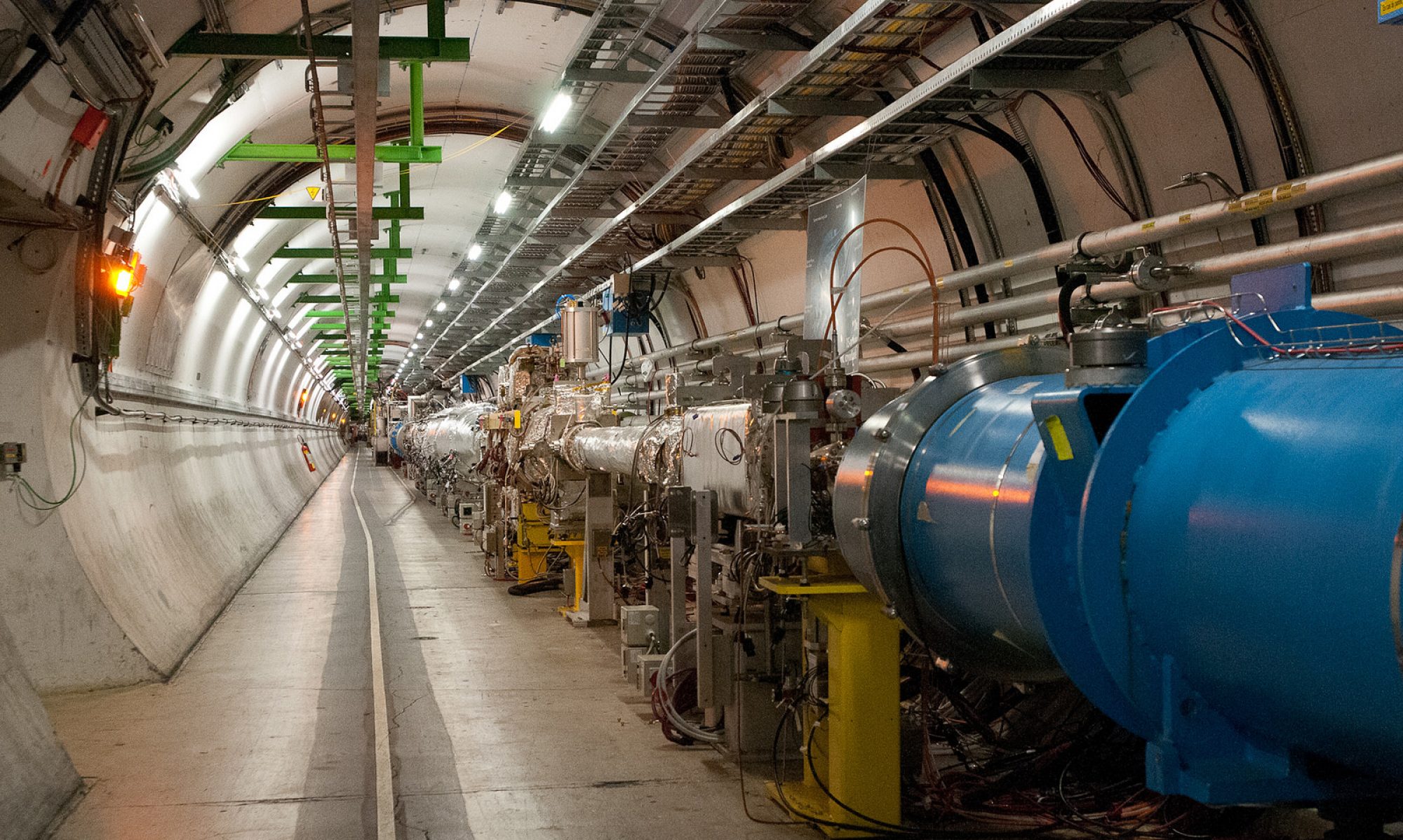I’ve spoken before about the yearly trips by members of the particle physics community to Washington, D.C. Their purpose is simple. We go to educate Members of Congress about our passion, our science, and its impact on the nation; we listen to what they have to say about science, and take messages back to the community and its leaders. This process has been ongoing for almost a decade, at least in the circles in which I am used to traveling. One message that has arisen time and time again is that we need to better explain, to government and to the public, the meaning and benefit of our work.
A recent hearing in Congress, in the Senate Energy and Water Appropriations Subcommittee [1], revealed just how poorly we have listened to their messages. The heads of three research agencies, as well as a theoretical physicist from Harvard, gave testimony (and heard messages of their own) earlier this month. The Senate committee overseeing research in basic research seemed to know little about the value of things like particle physics. We have a problem . . . still.
I won’t repeat the article I referenced above, except to quote the statement about Rep. Daniel Lipinski’s ” . . . observation that research in these fields is expensive and that more needs to be done to better communicate its results.” When somebody has to say that out loud, what they’re trying to tell you is that we don’t know why we’re spending money on what y’all do.
We have a great story to tell, no less than the quest for fundamental knowledge about matter, energy, space and time. This story and its human core are no less interesting (and entertaining) than the stories of doctors and police, which are routinely over-documented on TV. Clearly, this story is not getting out there (though the beginning lies in things like “The Big Bang Theory” and “Numb3rs” TV shows). Primarily, scientists themselves are not taking enough time to speak to the public – on TV, in newspapers, on the web, on the radio – about their work. Once-a-week shows like “Science Friday” or “Quirks and Quarks” are not enough. Once-a-year Congressional efforts are not enough. Echo chambers like “Fermilab Today” and “SLAC Today” are not enough. We need more.
Start at home. Write a short newsletter about your work and send it to your family. Instead of that annoying seasonal letter to friends and family about the state of your life, talk about the state of your work. Write a short letter to your Members of Congress. Tell them about your work, in short declarative sentences. Be non-technical. Be entertaining. Be honest.
Reach out to your institution. Find ways to get non-scientists at your institution into colloquia. Lessen the echo chamber by creating avenues for simple public communication. For instance, a department newsletter mailed once or twice a year to alumni can have a great effect. At labs, find ways to get the staff engaged in the work of the lab. I’m talking administrators and H.R. people, machinists and welders.
Solving this problem will take years, maybe decades. But it’s clear that even though we’ve started a few things in the past decade, they’re not having an effect. These same questions about the value of our work were around 10 years ago, and from many of the same people and institutions. We’re not sinking in. We have to saturate. The only way to soak the public in science knowledge is to dump truckloads of it on top of them, and hope any of it filters into their lives.

